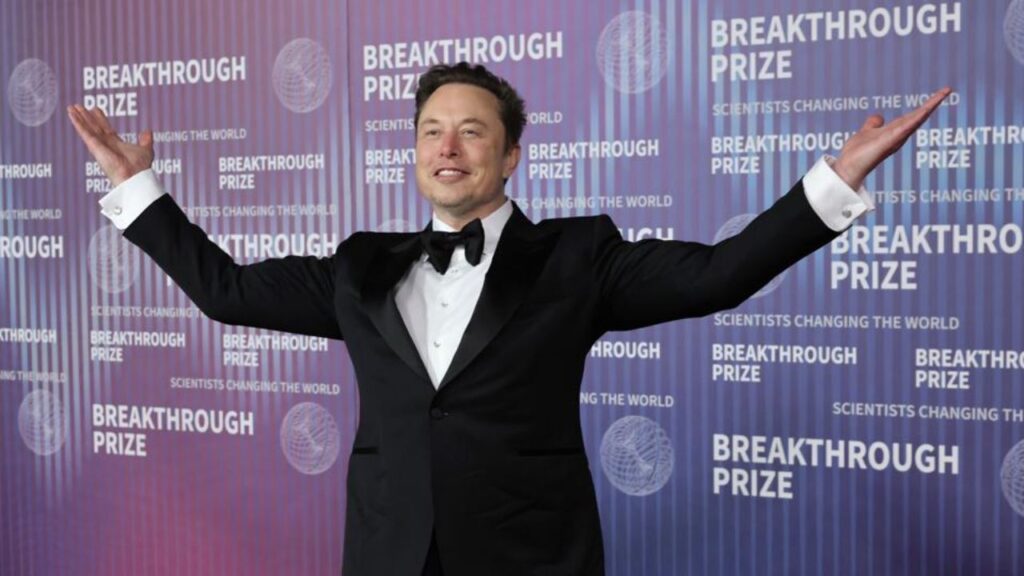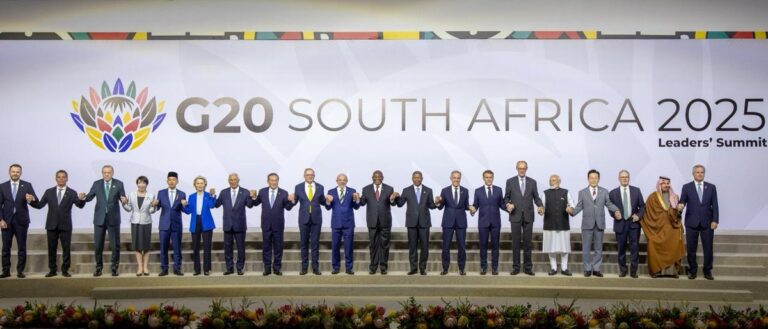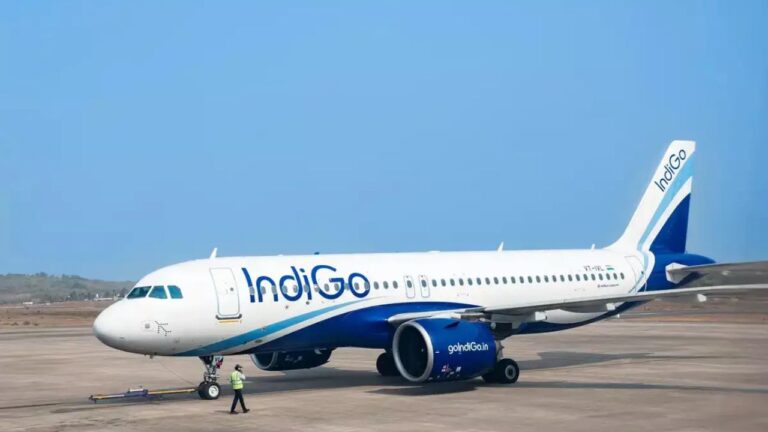
Tesla, CEO Elon Musk
Tesla’s market value surged past the USD1 trillion mark on Friday, fueled by a post-election rally that saw a significant boost in investor confidence. The electric vehicle giant, led by CEO Elon Musk, witnessed its shares climb over 6% to USD315.56, marking a two-year high after a week of gains totaling nearly 19.3%. Market analysts are betting on favorable policy shifts that could benefit Musk’s companies in light of his support for President-elect Donald Trump’s campaign.
This record-breaking valuation milestone signals optimism about potential regulatory advantages for Tesla’s upcoming self-driving vehicle technology. Musk has expressed a strong focus on autonomous vehicle advancements and plans to secure regulatory backing to expedite Tesla’s development in this area. According to sources close to the matter, Tesla may receive a more lenient approach from the U.S. National Highway Traffic Safety Administration (NHTSA) regarding regulatory enforcement of its current driver-assistance systems.
“Tesla and CEO Elon Musk are emerging as significant beneficiaries from Trump’s electoral success, and we expect the administration to support regulatory measures that could fast-track approval for Tesla’s autonomous vehicle initiatives,” commented Garrett Nelson, a senior equity analyst at CFRA Research.
Tesla’s share price experienced a spike in October, driven by the company’s latest quarterly earnings report, which highlighted a growth in profit margins largely due to its Full Self-Driving software package. This highly profitable driver assistance feature has become a key revenue driver, helping Tesla retain its status as the world’s most valuable automaker. The company maintains a substantial lead over global competitors such as Toyota and BYD, underscoring its influence in the electric and autonomous vehicle industry.
While Tesla had previously considered producing an economy vehicle priced under USD30,000, Musk has since shifted focus towards self-driving capabilities, citing the potential for market dominance in autonomous technology. However, Tesla still faces technical and regulatory challenges in commercializing fully autonomous vehicles, which are expected to remain a priority under the Trump administration’s anticipated regulatory framework.






